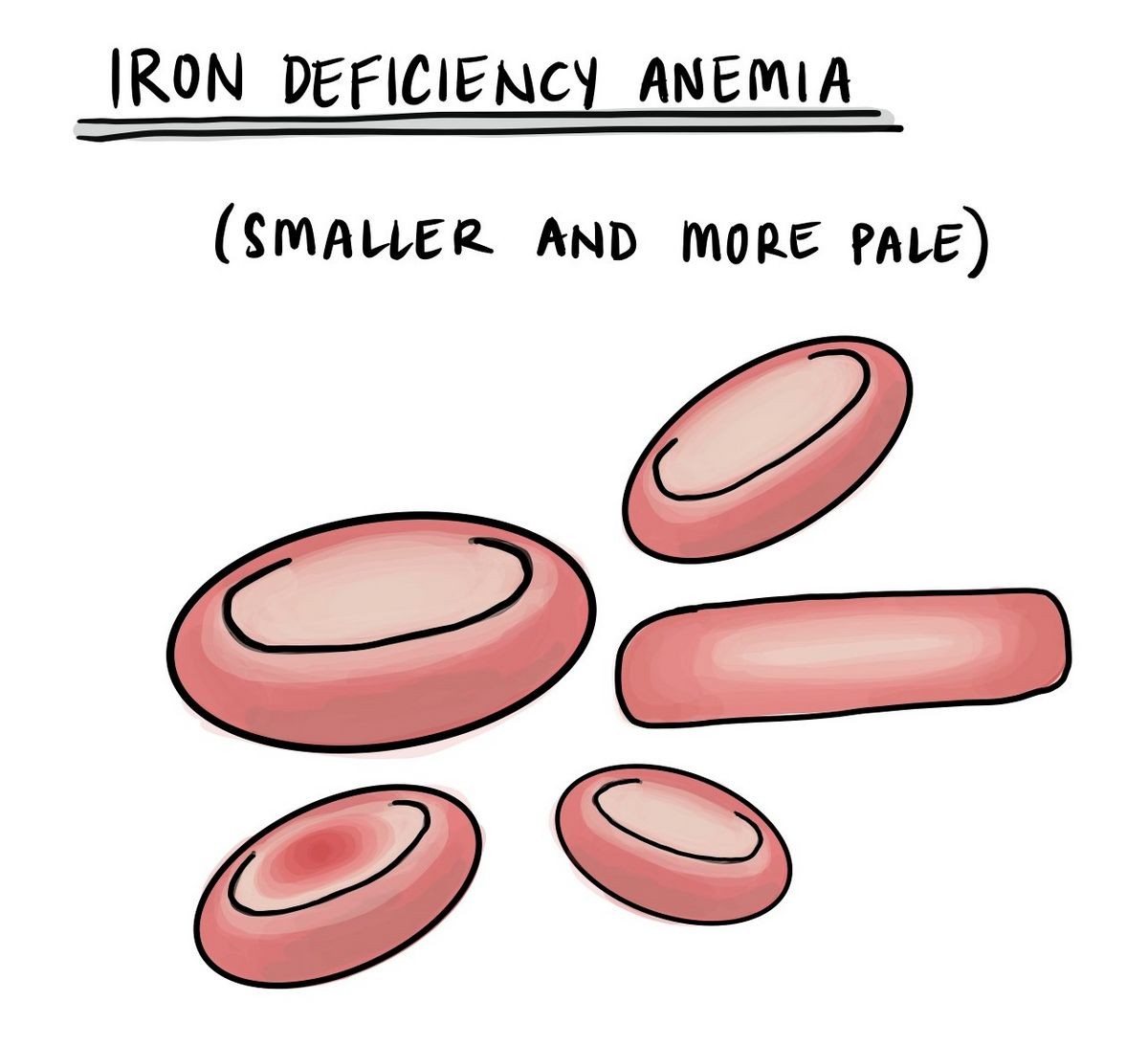
Contents
Carbonyl Iron
Iron is a crucial component of hemoglobin, the protein in red blood cells that transports oxygen to the tissues, and myoglobin, the muscle protein that stores and releases oxygen when oxygen saturation drops.
In addition to its role in oxygen transport and storage, iron is essential for various cellular processes, including enzyme and hormone synthesis, DNA synthesis and repair, electron transport, and energy metabolism. Women typically require more iron due to menstrual bleeding, and pregnant women often need iron supplements to meet their increased requirements during pregnancy and breastfeeding.
Carbonyl iron is a nonionic form of iron produced by vaporizing uncharged, highly purified metallic iron spheres. It must be converted to ferrous iron by gastric acid before it can be absorbed. As a result, carbonyl iron is absorbed more slowly and has higher bioavailability compared to ferrous sulfate, another form of iron. It also has a lower risk of toxicity in case of overdose.
Iron supplements, including carbonyl iron, are available over the counter (OTC) and are commonly found in multivitamins. Dietary sources of iron include lean meat, poultry, seafood, kidney beans, lentils, spinach, peas, nuts, and fortified foods.
Warnings
- Avoid using carbonyl iron if you are hypersensitive to any of its components.
- Do not use supplemental iron to treat anemias not associated with iron deficiency or conditions such as hemochromatosis, peptic ulcer, regional enteritis, or ulcerative colitis.
Side Effects of Carbonyl Iron
Common side effects of carbonyl iron include:
- Nausea
- Vomiting
- Upper abdominal (epigastric) pain
- Diarrhea
- Constipation
- Dark stools
- Heartburn
- Discolored urine
- Dental stain (in some formulations)
- Iron overload in organs and tissues (hemosiderosis) with prolonged use of high doses
Contact your doctor immediately if you experience the following symptoms or serious side effects:
- Rapid or irregular heartbeat, fluttering in the chest, shortness of breath, or sudden dizziness
- Severe headache, confusion, slurred speech, severe weakness, vomiting, loss of coordination, or feeling unsteady
- Severe nervous system reaction with very stiff muscles, high fever, sweating, confusion, rapid or irregular heartbeats, tremors, and feeling like you might pass out
- Serious eye symptoms such as blurred vision, tunnel vision, eye pain or swelling, or seeing halos around lights
This is not an exhaustive list of side effects or adverse reactions. Contact your doctor or report any side effects or health concerns to the FDA at 1-800-FDA-1088.
Dosages of Carbonyl Iron
Tablet:
- 45 mg (Feosol)
- 66 mg (Ircon)
Oral Suspension:
- 15 mg/1.25 mL (Icar Pediatric)
Tablet, Chewable:
- 15 mg (Icar Pediatric, Wee Care)
Tablet With Vitamin C:
- 100 mg iron/250 mg vitamin C (Icar C)
Adult:
Dietary Iron Supplement:
Doses expressed as elemental iron unless otherwise noted
- Male: 8 mg orally daily
- Female: 18 mg orally daily
- Pregnant female: 27 mg orally daily
- Lactating female: 9 mg orally daily
- Above 50 years old: 8 mg orally daily
- 300 mg orally every 12 hours; may increase to 300 mg every 6 hours or 250 mg extended release (ER) orally every 12 hours
- Note: Dose expressed as ferrous sulfate
Prophylaxis of Iron Deficiency:
- 300 mg orally daily
- Note: Dose expressed as ferrous sulfate
Geriatric:
- Lower doses of 10-50 mg elemental iron/day recommended to minimize gastrointestinal adverse effects
Pediatric:
Dietary Iron Supplement:
- Doses expressed as elemental iron unless otherwise noted
- Children 0-6 months old: 0.27 mg orally daily (adequate intake)
- Children 7-12 months old: 11 mg orally daily
- Children 1-3 years old: 7 mg orally daily
- Children 3-8 years old: 10 mg orally daily
- Children 8-12 years old: 8 mg orally daily
- Children above 12 years old: Same as adult
Severe Iron Deficiency Anemia:
- 4-6 mg/kg orally divided every 8 hours
Mild to Moderate Iron Deficiency Anemia:
- 3 mg/kg orally daily or divided every 12 hours
Prophylaxis:
- 1-2 mg/kg orally; 15 mg orally maximum
Overdose
- There have been no published reports of serious or fatal poisoning from carbonyl iron overdose. Carbonyl iron has a greater safety margin than ferrous sulfate formulations because it is more slowly absorbed and must be converted to ferrous iron by gastric acid before it can be absorbed.
- Overdose of carbonyl iron may be treated with supportive and symptomatic care.
Drug Interactions
Inform your doctor about all medications you are currently taking to minimize the risk of drug interactions. Do not start, stop, or change the dosage of any medication without your doctor’s recommendation.
- Carbonyl iron has no severe interactions with other drugs.
- Carbonyl iron may interact with the following drugs:
- baloxavir marboxil
- ciprofloxacin
- demeclocycline
- doxycycline
- eltrombopag
- fleroxacin
- gemifloxacin
- levofloxacin
- minocycline
- moxifloxacin
- mycophenolate
- ofloxacin
- oxytetracycline
- tetracycline
- calcium acetate
- calcium carbonate
- calcium chloride
- calcium citrate
- calcium gluconate
- gymnema
- manganese
- vitamin E
The list above does not include all possible interactions or adverse effects. For more information on drug interactions, consult the RxList Drug Interaction Checker.
Always inform your doctor, pharmacist, or healthcare provider about all prescription and over-the-counter medications you use, including the dosage of each. Keep a comprehensive list of this information. If you have any questions, consult your doctor or healthcare provider.
Pregnancy and Breastfeeding
- Iron requirements increase during pregnancy, and untreated iron deficiency or anemia can increase the risk of low birth weight, preterm birth, or newborn mortality.
- Supplemental carbonyl iron is desirable during pregnancy to prevent iron deficiency, but it should not exceed the daily recommended dose.
- Iron deficiency during pregnancy can be treated with carbonyl iron, and iron supplementation should continue for 6 to 8 weeks after delivery to replenish the mother’s iron stores.
- Iron is present in breast milk, and carbonyl iron supplementation increases the iron content in breast milk. Carbonyl iron within recommended doses is compatible with breastfeeding.
Additional Information
- Do not exceed the daily recommended dose of carbonyl iron.
- Do not take carbonyl iron for more than 6 months without physician direction.
- Keep carbonyl iron out of reach of children.
- In case of accidental overdose, seek medical help or contact Poison Control.
Summary
Carbonyl iron is a dietary supplement used to prevent and treat iron deficiency anemia. It is available over the counter as part of multivitamins or as individual iron salts. It is important to use iron supplements only for conditions associated with iron deficiency. Common side effects of carbonyl iron include nausea, vomiting, abdominal pain, diarrhea, constipation, dark stools, heartburn, urine discoloration, dental stain, and iron overload. Consult your doctor if you are pregnant or breastfeeding.


